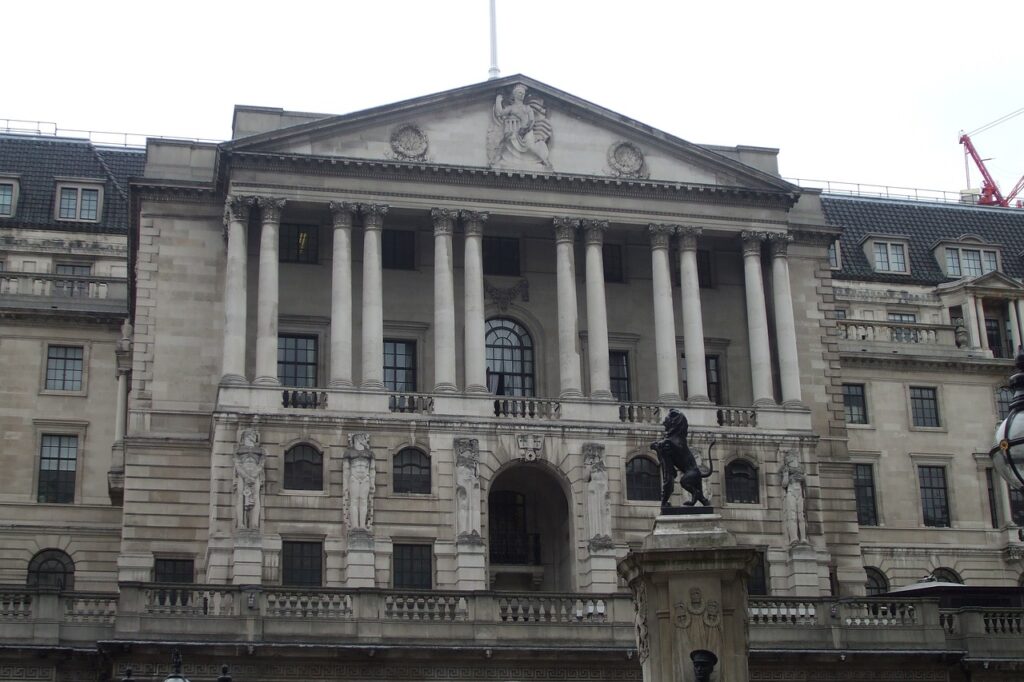LONDON, UK. January 4th, 2024 – FD Capital, the leading boutique financial recruitment agency, has published inflation forecast research critical of the Bank of England’s ‘higher for longer’ strategy. It determines that the Bank’s inflation strategy has been “too high, too late, and now for too long” as it backs growing calls for interest rates to be reduced in the first quarter of 2024.
The financial recruitment agency has conducted research into the Bank of England’s inflation strategy, with its forecasting model predicting that the 12-month rate for CPI inflation will fall to 3.1% by March 2024. It predicts a rise in the 6-month CPI rate at the start of 2024 before a subsequent fall, hovering at 2%.
This research supports FD Capital’s criticism of the Bank of England’s approach to tackling inflation. It suggests that interest rates were raised too slowly and should have hit their peak in the summer of 2022, 12 months earlier than they did. Introducing a higher level of inflation earlier would have brought inflation under control without seeing the same interest rate hike.
Today’s interest rate peak is now overly restrictive at 5.25% and could have peaked at 3.25% if the Bank of England had acted 12 months earlier. This retrospective assessment of the Bank of England’s actions suggests that the ‘higher for longer’ strategy would have been coming to its conclusion in the summer of 2023 with the economy avoiding a recession.
UK inflation saw a higher-than-expected drop for November, falling to 3.9% from 4.6% in October. It beats the modest decline expected by economists and has largely been attributed to cheaper petrol prices. The UK economy now sits on a knife edge as to whether it will fall into a deep recession in 2024 or narrowly avoid it. FD Capital’s research suggests today’s current economic woes could have been avoided by a more proactive strategy from the Bank of England.
FD Capital’s research also criticises the UK government’s COVID support strategy, including business loans and the furlough programme, that resulted in an inflation surge due to pent-up demand. It points to these factors as being more significant than quantitative easing or tightening to today’s economic situation.
Investors and commentators are now factoring in an interest rate decrease by May with a 50/50 call on one in March. However, FD Capital’s research suggests that it will take a further 9 to 12 months for the UK economy to feel the full impact of what it calls the Bank of England’s “too high, too late, and now for too long” inflation strategy.

